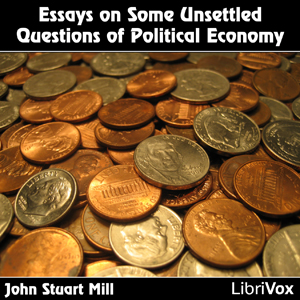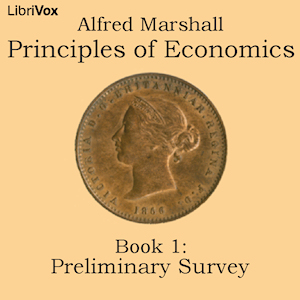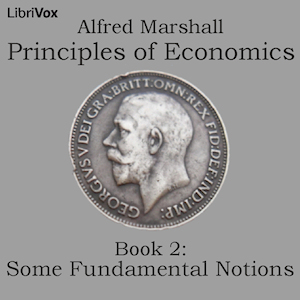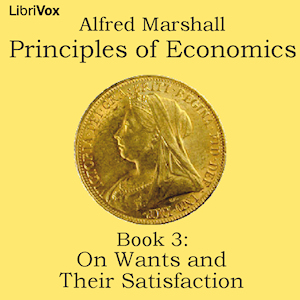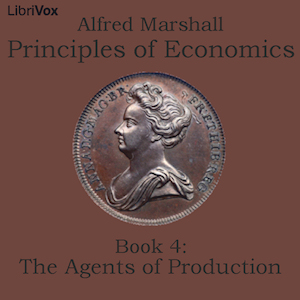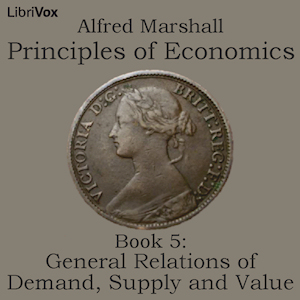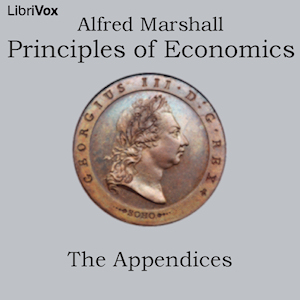- 00 - Frontmatter, How the Book Came To Be Written, and Preface
- 01 - Introductory
- 02 - Book I, Chapter 1: The Current Doctrine of Wages - Its Insufficiency
- 03 - Book I, Chapter 2: The Meaning of the Terms
- 04 - Book I, Chapter 3: Wages Not Drawn from Capital, but Produced by the Labor - paragraphs 1-25
- 05 - Book I, Chapter 3: Wages Not Drawn from Capital, but Produced by the Labor - paragraphs 26-38
- 06 - Book I, Chapter 4: The Maintenance of Laborers Not Drawn from Capital
- 07 - Book I, Chapter 5: The Real Functions of Capital
- 08 - Book II, Chapter 1: The Malthusian Theory, Its Genesis and Support
- 09 - Book II, Chapter 2: Inferences from Facts - paragraphs 1-19
- 10 - Book II, Chapter 2: Inferences from Facts - paragraphs 20-40
- 11 - Book II, Chapter 3: Inferences from Analogy
- 12 - Book II, Chapter 4: Disproof of the Malthusian Theory
- 13 - Book III, Chapter 1: The Inquiry Narrowed to the Laws of Distribution - The Necessary Relation of These Laws
- 14 - Book III, Chapter 2: Rent and the Law of Rent
- 15 - Book III, Chapter 3: Of Interest and the Cause of Interest
- 16 - Book III, Chapter 4: Of Spurious Capital and of Profits Often Mistaken for Interest
- 17 - Book III, Chapter 5: The Law of Interest
- 18 - Book III, Chapter 6: Wages and the Law of Wages
- 19 - Book III, Chapter 7: The Correlation and Co-ordination of These Laws
- 20 - Book III, Chapter 8: The Statics of the Problem Thus Explained
- 21 - Book IV, Chapter 1: The Dynamics of the Problem Yet to Seek
- 22 - Book IV, Chapter 2: The Effect of Increase of Population Upon the Distribution of Wealth
- 23 - Book IV, Chapter 3: The Effect of Improvements in the Arts upon the Distribution of Wealth
- 24 - Book IV, Chapter 4: Effect of the Expectation Raised by Material Progress
- 25 - Book V, Chapter 1: The Primary Cause of Recurring Paroxysms of Industrial Depression
- 26 - Book V, Chapter 2: The Persistence of Poverty Amid Advancing Wealth
- 27 - Book VI, Chapter 1: Insufficiency of Remedies Currently Advocated - paragraphs 1-22
- 28 - Book VI, Chapter 1: Insufficiency of Remedies Currently Advocated - paragraphs 23-54
- 29 - Book VI, Chapter 2: The True Remedy
- 30 - Book VII, Chapter 1: The Injustice of Private Property in Land
- 31 - Book VII, Chapter 2: The Enslavement of Laborers the Ultimate Result of Private Property in Land
- 32 - Book VII, Chapter 3: Claim of Land Owners to Compensation
- 33 - Book VII, Chapter 4: Property in Land Historically Considered
- 34 - Book VII, Chapter 5: Of Property in Land in the United States
- 35 - Book VIII, Chapter 1: Private Property in Land Inconsistent with the Best Use of Land
- 36 - Book VIII, Chapter 2: How Equal Rights to the Land May Be Asserted and Secured
- 37 - Book VIII, Chapter 3: The Proposition Tried by the Canons of Taxation
- 38 - Book VIII, Chapter 4: Indorsements and Objections
- 39 - Book IX, Chapter 1: Of the Effect Upon the Production of Wealth
- 40 - Book IX, Chapter 2: Of the Effect Upon Distribution and Thence Upon Production
- 41 - Book IX, Chapter 3: Of the Effect Upon Individuals and Classes
- 42 - Book IX, Chapter 4: Of the Changes That Would Be Wrought in Social Organization and Social Life
- 43 - Book X, Chapter 1: The Current Theory of Human Progress - Its Insufficiency
- 44 - Book X, Chapter 2: Differences in Civilization - To What Due
- 45 - Book X, Chapter 3: The Law of Human Progress - paragraphs 1-21
- 46 - Book X, Chapter 3: The Law of Human Progress - paragraphs 22-47
- 47 - Book X, Chapter 4: How Modern Civilization May Decline
- 48 - Book X, Chapter 5: The Central Truth
- 49 - Conclusion: The Problem of Individual Life
What I have done in this book, if I have correctly solved the great problem I have sought to investigate, is, to unite the truth perceived by the school of Smith and Ricardo to the truth perceived by the schools of Proudhon and Lasalle; to show that laissez faire (in its full true meaning) opens the way to a realization of the noble dreams of socialism; to identify social law with moral law, and to disprove ideas which in the minds of many cloud grand and elevating perceptions. (Summary by Henry George)
Audio edited by TriciaG; Proof-listened by Kimberly Krause & Larry Wilson.
Audio edited by TriciaG; Proof-listened by Kimberly Krause & Larry Wilson.
There are no reviews for this eBook.
There are no comments for this eBook.
You must log in to post a comment.
Log in


